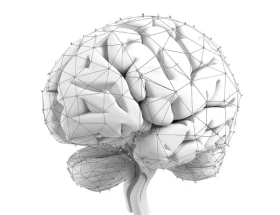Burgoyne, Harris, and Hambrick’s (2019) study examines how individual differences, including cognitive ability, music aptitude, and mindset, influence the acquisition of piano skills among beginners. By focusing on individuals with little to no prior experience, this research offers insights into the early stages of learning a musical instrument.
Background
The study draws on long-standing questions in psychology and music education about what factors contribute to skill development. Using a structured approach, the researchers assessed participants on general intelligence, working memory, processing speed, music aptitude, and mindset. Participants then learned a short piano piece with guidance from a video, after which their performances were evaluated by a panel of musicians.
Key Insights
- The Role of General Intelligence: The findings showed that general intelligence was the most significant predictor of skill acquisition. This suggests that cognitive abilities such as problem-solving and memory play an important role in early musical learning.
- Music Aptitude: While music aptitude was correlated with skill acquisition, its predictive power diminished when general intelligence was taken into account. This highlights the overlapping influence of cognitive and musical abilities.
- Mindset and Skill Development: Contrary to popular belief, mindset did not significantly predict piano skill acquisition. This suggests that while mindset may influence other aspects of learning, its impact on early-stage musical skill acquisition is limited.
Significance
The findings have practical implications for music educators. By emphasizing the role of general intelligence and music aptitude, educators can better tailor their teaching strategies to support beginners. The study also highlights the value of focusing on fundamental cognitive skills, which may serve as a foundation for musical development.
Future Directions
The study’s scope was limited to general intelligence, music aptitude, and mindset, leaving room for future research on other potential factors, such as motivation, practice habits, and emotional resilience. Additionally, expanding the range of mindset measures could provide deeper insights into its influence on skill development. Investigating these variables in larger and more diverse populations could further refine our understanding of musical skill acquisition.
Conclusion
Burgoyne, Harris, and Hambrick’s research sheds light on the cognitive and musical factors that shape skill acquisition in beginner pianists. While general intelligence and music aptitude were identified as key contributors, mindset had little impact. These findings provide a foundation for more targeted approaches in music education and open the door for continued research into the diverse factors influencing musical learning.
Reference
Burgoyne, A. P., Harris, L. J., & Hambrick, D. Z. (2019). Predicting piano skill acquisition in beginners: The role of general intelligence, music aptitude, and mindset. Intelligence, 76, 101383. https://doi.org/10.1016/j.intell.2019.101383










